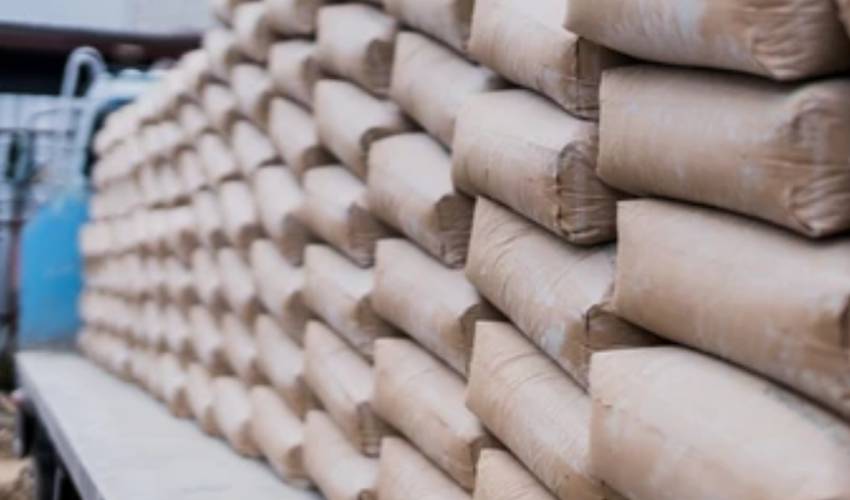×
The Standard e-Paper
Kenya’s Boldest Voice

The government cannot continually promise youth jobs yet leave the market open to cheap imports. [Courtesy]
The National Cement Company is set to relieve at least 860 workers of their duties. Earlier, the company had shut down its clinker factory in Mombasa, rendering 300 workers jobless.